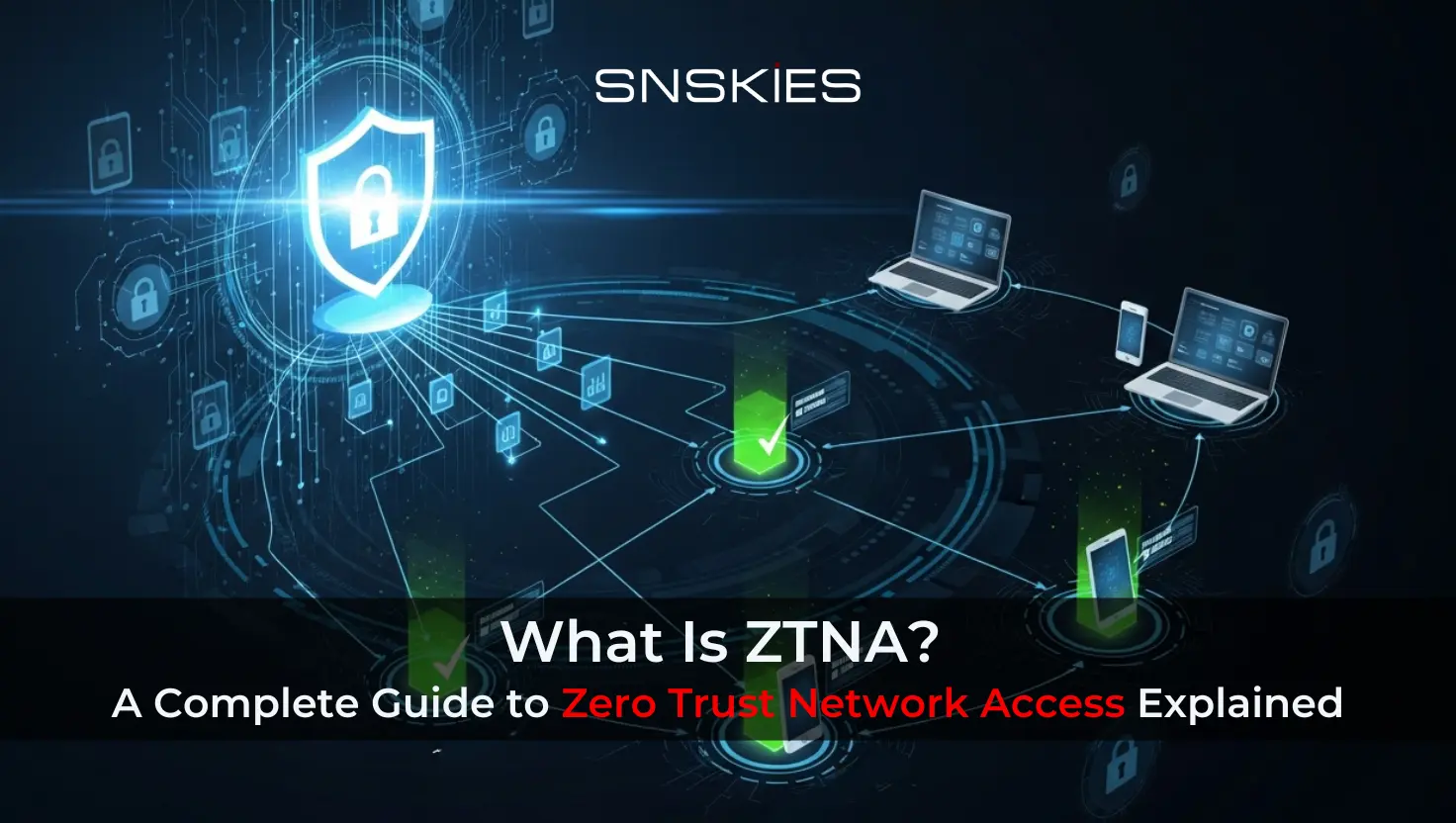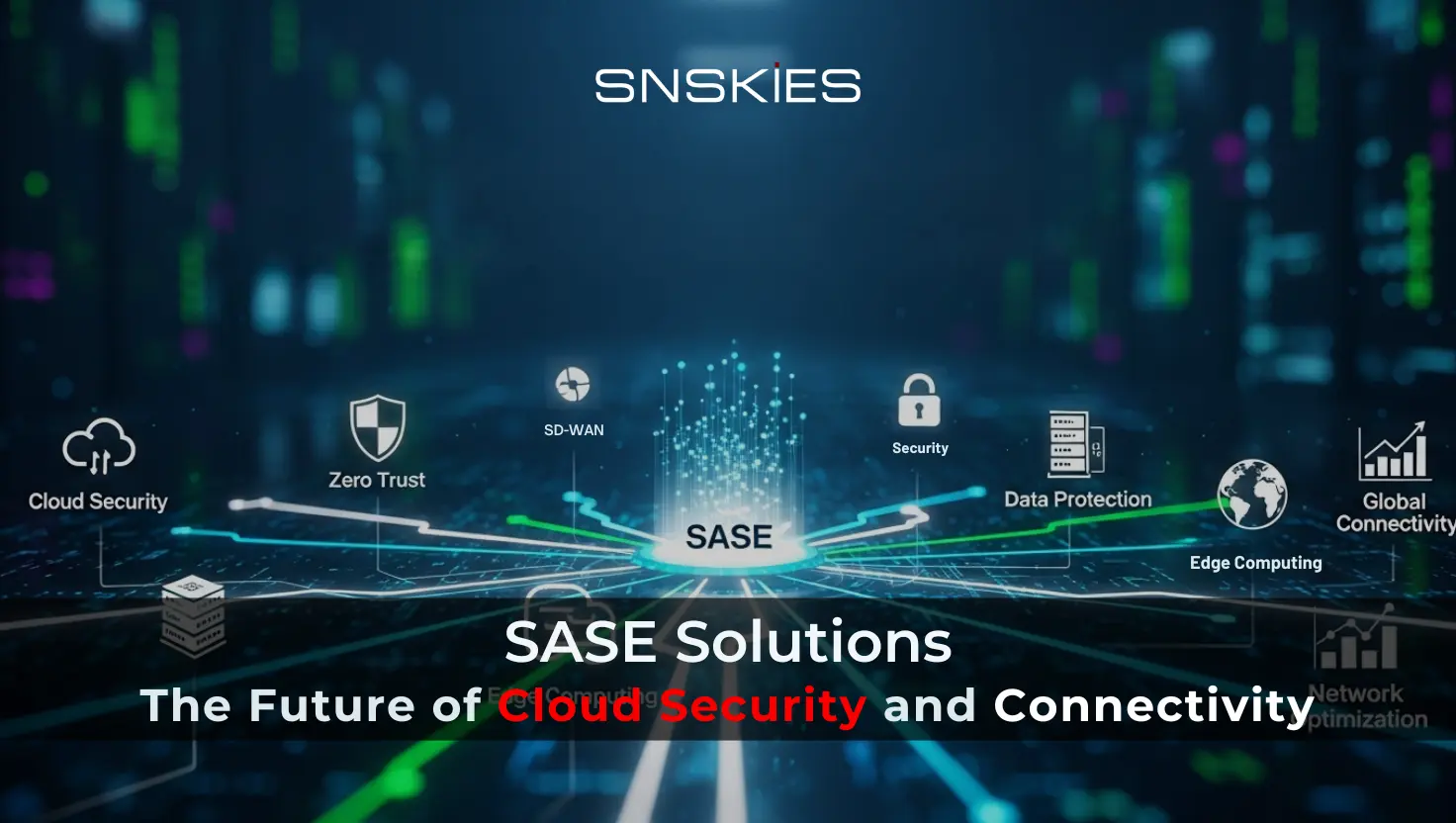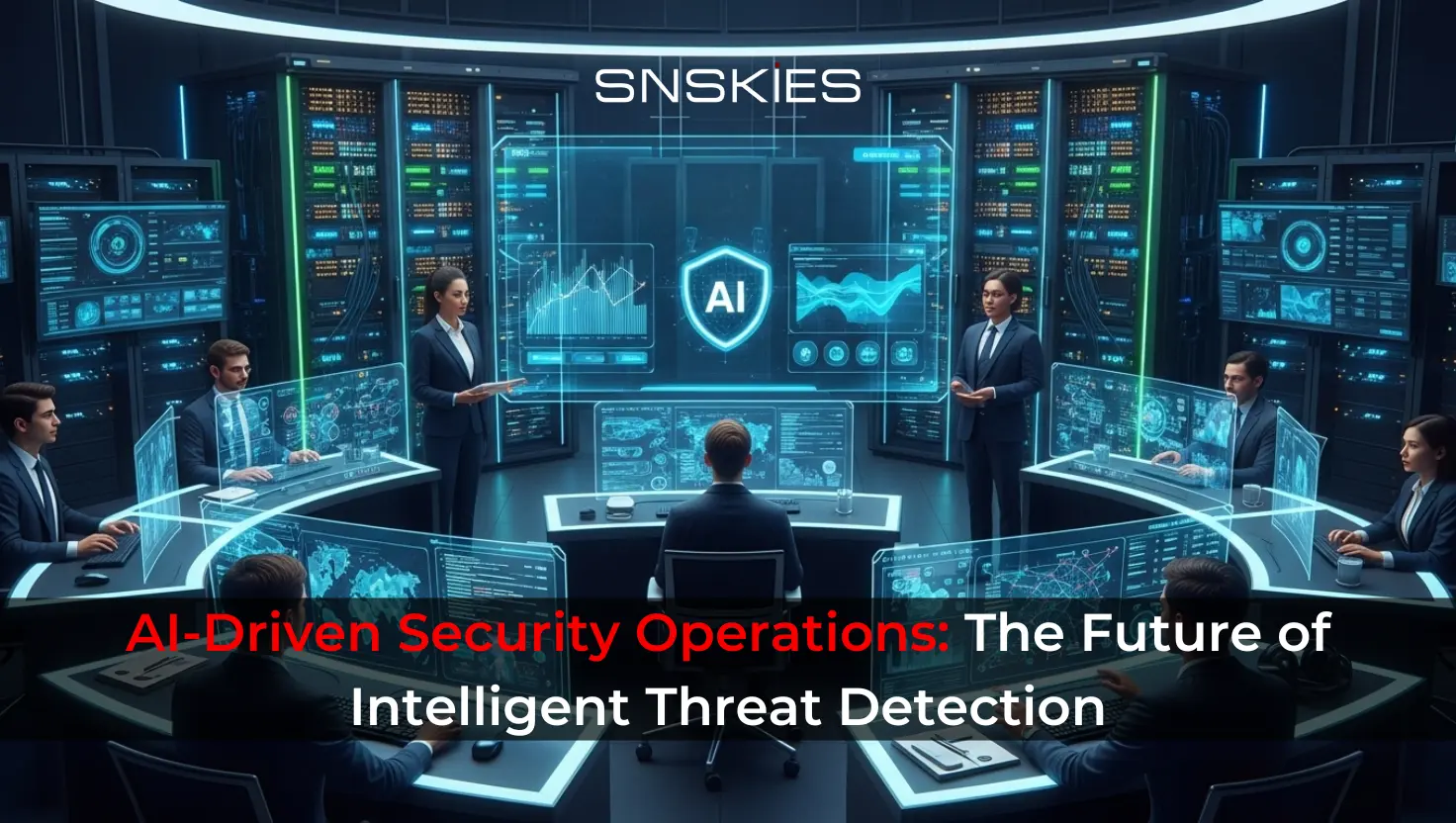- Articles
ZTNA Services in KSA | Secure Remote Access for Saudi Businesses
- Articles
ZTNA Services in KSA | Secure Remote Access for Saudi Businesses
- Articles
- October 13, 2025
Introduction
As Saudi Arabia rapidly advances its digital transformation under Vision 2030, cybersecurity has become a strategic priority for organizations across the Kingdom. With the rise of remote work, cloud adoption, and modern IT infrastructures, traditional security tools like VPNs no longer provide the level of protection businesses need.
This is where Zero Trust Network Access (ZTNA) steps in. Unlike conventional VPNs, ZTNA continuously verifies every user, device, and connection before granting access, ensuring that trust is never assumed. For enterprises in KSA, adopting advanced ZTNA solutions is no longer optional it’s a necessity to maintain secure remote access and protect sensitive data.
What is Zero Trust Network Access (ZTNA)?
Zero Trust Network Access (ZTNA) is a security model built on the principle of “never trust, always verify.” Instead of giving users unrestricted access once logged in, ZTNA enforces identity-based and context-aware policies for every session.
By applying strong authentication and segmentation, ZTNA solutions limit access to only specific applications and services. This prevents cybercriminals from moving laterally across networks, reducing the risk of breaches and ensuring more robust data protection.
For Saudi enterprises, this approach is ideal for hybrid environments—whether on-premise, in the cloud, or both—ensuring secure and controlled access at every level.
ZTNA vs VPN: Why It Matters for Saudi Businesses
VPNs have long been used as the default method for secure remote access, but they come with serious limitations. A VPN often grants broad network access, increasing the attack surface and making it difficult to enforce granular security controls.
ZTNA vs VPN comparisons clearly show why businesses in KSA are shifting to Zero Trust Network Access. Unlike VPNs, ZTNA provides:
- Application-specific access instead of full network exposure
- Strong user and device verification
- Real-time visibility into sessions and access patterns
- Adaptive security controls to counter modern threats
For industries such as finance, oil & gas, and healthcare where protecting critical data is non-negotiable ZTNA is the smarter and safer choice.
ZTNA Solutions for Saudi Enterprises
Modern ZTNA providers offer robust security features, making adoption simple and scalable for Saudi organizations. By integrating SASE ZTNA (Secure Access Service Edge) frameworks, enterprises gain centralized visibility, continuous monitoring, and simplified IT operations.
A powerful example is FortiGate ZTNA, which combines firewall, secure access, and zero trust capabilities into a single, integrated platform. With FortiGate ZTNA, organizations can build secure remote access without replacing their entire infrastructure.
These ZTNA solutions give Saudi businesses the flexibility to scale, protect users from anywhere, and stay compliant with evolving regulations.
How ZTNA Protects KSA Businesses
Saudi businesses face rising threats like phishing, ransomware, and insider attacks. ZTNA services in KSA help organizations build a secure digital perimeter with multiple protection layers:
- Application-specific access instead of broad network entry
- Strong identity verification for users and devices
- Continuous monitoring to detect abnormal activity
- Easy integration with cloud, on-premise, and hybrid environments
- Support for regulatory compliance and secure remote work
With Zero Trust Network Access, enterprises can reduce the risk of breaches, minimize downtime, and maintain business continuity.
SNSKIES Trusted ZTNA Provider in Saudi Arabia
SNSKIES is a leading cybersecurity company delivering ZTNA solutions designed specifically for Saudi businesses. Our experts work closely with enterprises to design, implement, and manage customized Zero Trust architectures.
By integrating SASE ZTNA frameworks and FortiGate ZTNA technology, SNSKIES helps organizations achieve:
- Advanced data protection and threat prevention
- Simplified IT and security management
- Full compliance with Saudi cybersecurity regulations
- Secure access for remote and on-site teams
- Seamless scalability as the business grows
With years of experience and a proven track record, SNSKIES stands out among top ZTNA providers in KSA, ensuring secure and resilient network access for the digital future.
Conclusion
In a fast-evolving cyber landscape, traditional VPN solutions are no longer enough to protect sensitive data and business operations. Zero Trust Network Access (ZTNA) provides a smarter, more secure alternative for Saudi organizations.
By adopting advanced ZTNA solutions from trusted ZTNA providers like SNSKIES, businesses in KSA can secure remote access, strengthen their defenses, and stay ahead of evolving threats. With powerful platforms like FortiGate ZTNA and the flexibility of SASE ZTNA, enterprises can build a modern, scalable, and secure network infrastructure.
Zero Trust isn’t just a framework—it’s the foundation of future-ready cybersecurity in Saudi Arabia
FAQs About ZTNA Services
ZTNA ensures that only verified users and trusted devices can access specific applications, reducing the risk of data breaches.
Unlike VPNs that give broad access, ZTNA provides granular, application-specific access, minimizing security risks.
Sectors like finance, oil & gas, government, and healthcare benefit the most due to handling highly sensitive information.
Yes. Leading ZTNA providers like SNSKIES support seamless integration with on-premises, cloud, and hybrid environments.
SASE ZTNA combines networking and security capabilities to protect remote users and branch offices with a single, unified approach.
SNSKIES delivers tailored ZTNA solutions, leveraging FortiGate ZTNA and SASE frameworks to enhance security, compliance, and operational efficiency.
Recent Post
- All Posts
- Articles


